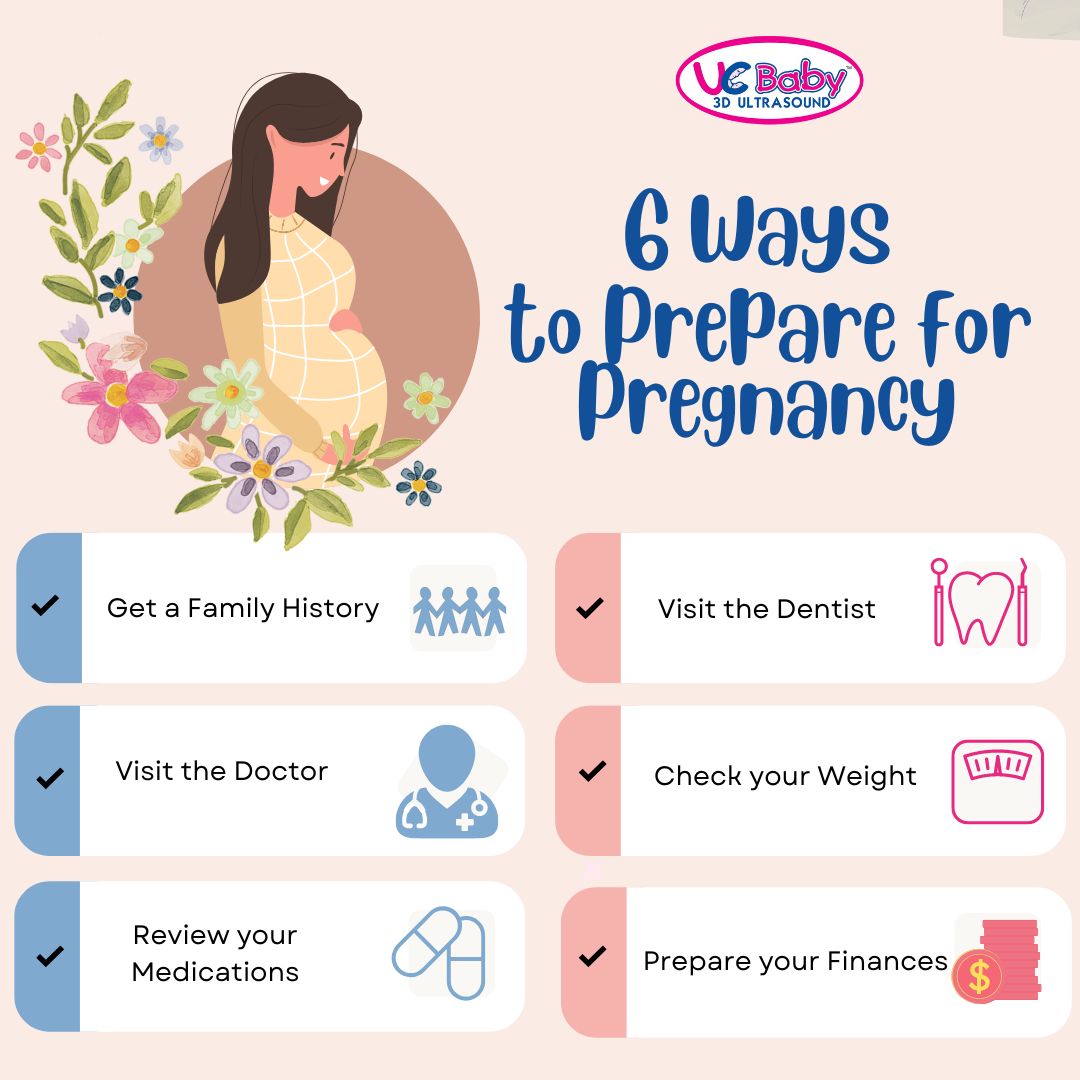
Preparing for Pregnancy: A Comprehensive Guide
Introduction
Pregnancy is a transformative journey that requires careful planning and preparation. By taking proactive steps before conceiving, you can optimize your health, increase your chances of a healthy pregnancy, and ensure the well-being of your future child. This comprehensive guide will provide you with essential information and practical advice to help you prepare for pregnancy.
Preconception Health
1. Maintain a Healthy Weight:
Being overweight or underweight can affect fertility and increase the risk of pregnancy complications. Aim for a body mass index (BMI) between 18.5 and 24.9.
2. Quit Smoking:
Smoking damages eggs and sperm, reduces fertility, and increases the risk of miscarriage and birth defects. Quitting smoking at least three months before conception is crucial.
3. Limit Alcohol Consumption:
Excessive alcohol consumption can harm fetal development. Limit your alcohol intake to one drink per day or less.
4. Avoid Drugs:
Recreational drugs can have devastating effects on pregnancy. Avoid all illicit drugs, including marijuana.
5. Get Regular Exercise:
Regular exercise improves overall health, boosts fertility, and reduces the risk of pregnancy complications. Aim for at least 150 minutes of moderate-intensity exercise per week.
6. Eat a Healthy Diet:
A balanced diet rich in fruits, vegetables, whole grains, and lean protein supports optimal fertility and fetal development. Consider taking a prenatal vitamin to ensure adequate intake of essential nutrients.
7. Manage Stress:
Chronic stress can interfere with ovulation and increase the risk of pregnancy complications. Find healthy ways to manage stress, such as exercise, yoga, or meditation.
Medical Considerations
1. See Your Doctor:
Schedule a preconception checkup with your healthcare provider to discuss your health history, lifestyle, and any potential risks. They can provide personalized guidance and recommend necessary tests.
2. Get Vaccinated:
Certain vaccines, such as the rubella and chickenpox vaccines, are recommended before pregnancy to protect both the mother and the baby.
3. Manage Chronic Conditions:
If you have any chronic conditions, such as diabetes or hypertension, it’s essential to work with your healthcare team to optimize your health before conceiving.
4. Consider Genetic Testing:
If you have a family history of certain genetic disorders, your doctor may recommend genetic testing to assess your risk of passing them on to your child.
5. Review Medications:
Some medications can be harmful during pregnancy. Review all medications you are taking with your doctor to ensure they are safe.
Emotional and Social Preparation
1. Discuss with Your Partner:
Pregnancy is a significant life event that requires open communication and shared decision-making. Discuss your plans, expectations, and any concerns with your partner.
2. Build a Support System:
Surround yourself with a supportive network of family, friends, and healthcare professionals who can provide emotional and practical assistance during your pregnancy journey.
3. Consider Your Career and Finances:
Pregnancy and parenting can impact your career and financial situation. Explore options for maternity leave, childcare, and any necessary adjustments to your work schedule.
4. Educate Yourself:
Read books, attend prenatal classes, and gather information from reputable sources to stay informed about pregnancy, childbirth, and parenting.
5. Practice Self-Care:
Pregnancy is a demanding time, both physically and emotionally. Prioritize self-care by getting enough sleep, eating well, and engaging in activities that bring you joy.
Conception and Early Pregnancy
1. Track Your Ovulation:
Understanding your menstrual cycle and identifying your fertile window can help you maximize your chances of conceiving. Use ovulation predictor kits or track your basal body temperature to determine your most fertile days.
2. Have Regular Intercourse:
Aim for intercourse every two to three days during your fertile window. Avoid using lubricants, as they can interfere with sperm motility.
3. Confirm Pregnancy:
Once you suspect you may be pregnant, take a home pregnancy test. A positive result should be confirmed by a blood test or ultrasound at your doctor’s office.
4. Early Prenatal Care:
As soon as you confirm your pregnancy, schedule your first prenatal appointment. Your doctor will perform a physical exam, discuss your health history, and provide guidance for a healthy pregnancy.
Conclusion
Preparing for pregnancy is an empowering journey that sets the foundation for a healthy pregnancy and a thriving future for your child. By following these comprehensive guidelines, you can optimize your health, increase your chances of conceiving, and embrace the transformative experience of pregnancy with confidence and joy. Remember to consult with your healthcare provider throughout your pregnancy journey for personalized guidance and support.